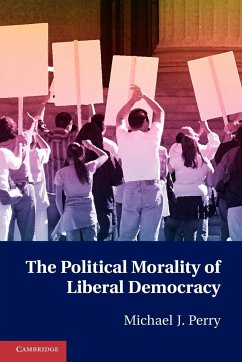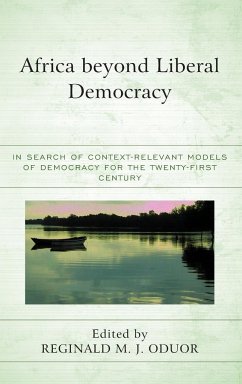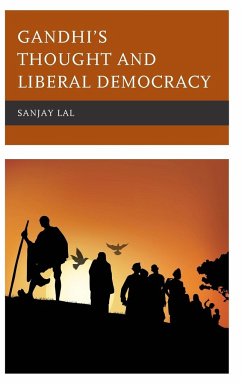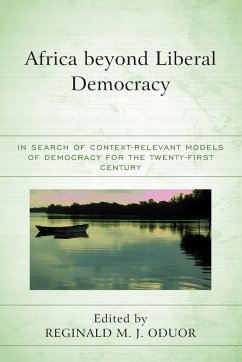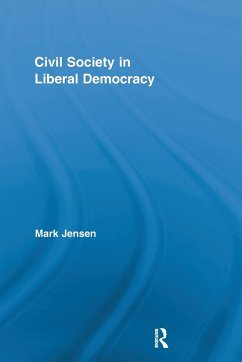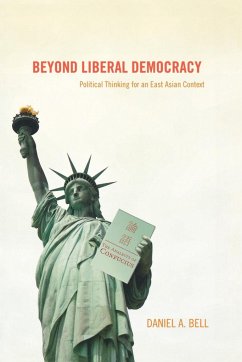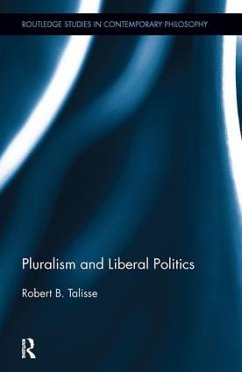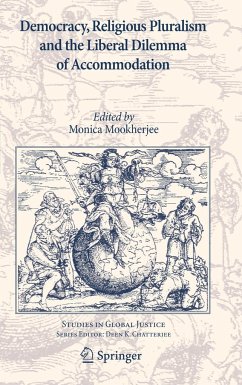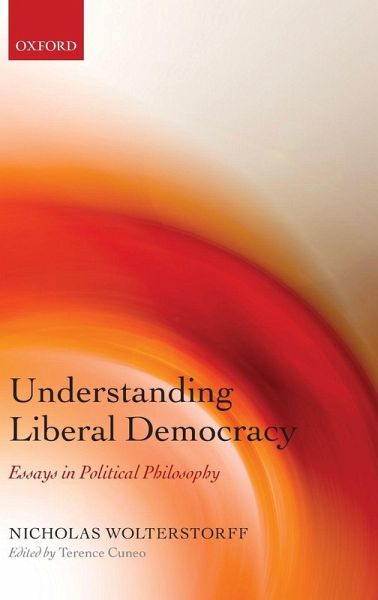
Understanding Liberal Democracy
Essays in Political Philosophy
Herausgeber: Cuneo, Terence
Versandkostenfrei!
Versandfertig in 1-2 Wochen
120,99 €
inkl. MwSt.

PAYBACK Punkte
60 °P sammeln!
Understanding Liberal Democracy presents notable work by Nicholas Wolterstorff at the intersection between political philosophy and religion. Alongside his influential earlier essays, it includes nine new essays in which Wolterstorff develops original lines of argument and stakes out novel positions regarding the nature of liberal democracy, human rights, and political authority. Taken together, these positions are an attractive alternative to the so-called public reason liberalism defended by thinkers such as John Rawls. The volume will be of interest to philosophers, political theorists, and...
Understanding Liberal Democracy presents notable work by Nicholas Wolterstorff at the intersection between political philosophy and religion. Alongside his influential earlier essays, it includes nine new essays in which Wolterstorff develops original lines of argument and stakes out novel positions regarding the nature of liberal democracy, human rights, and political authority. Taken together, these positions are an attractive alternative to the so-called public reason liberalism defended by thinkers such as John Rawls. The volume will be of interest to philosophers, political theorists, and theologians, engaging a wide audience of those interested in how best to understand the nature of liberal democracy and its relation to religion.



